“Climate change”, a phrase that has almost become a media cliché, sounds quite differently where its sad consequences are clear for everyone to see: just south of the great Sahara desert.
Africa is drying up. And Burkina Faso is one of those countries where the Sahara hot breath is felt most.
The annual temperature increase here is 1.5 times faster than the global average, with the dry seasons getting both longer and more severe. The provision of drinking water remains an ongoing challenge with droughts affecting, to varying degrees, up to 80% of agricultural land in turn reducing farming opportunities whilst the population continues to grow. According to the Ministry of Agriculture and Irrigation, approximately 2.5 million of Burkina Faso’s 20 million population suffer from food shortages as droughts reduce crop yields, which in 2018 resulted in almost half-million-tonnes underproduction of grain.
The areas near Nordgold’s mines in Burkina Faso are no exception, with local communities facing the same problems.

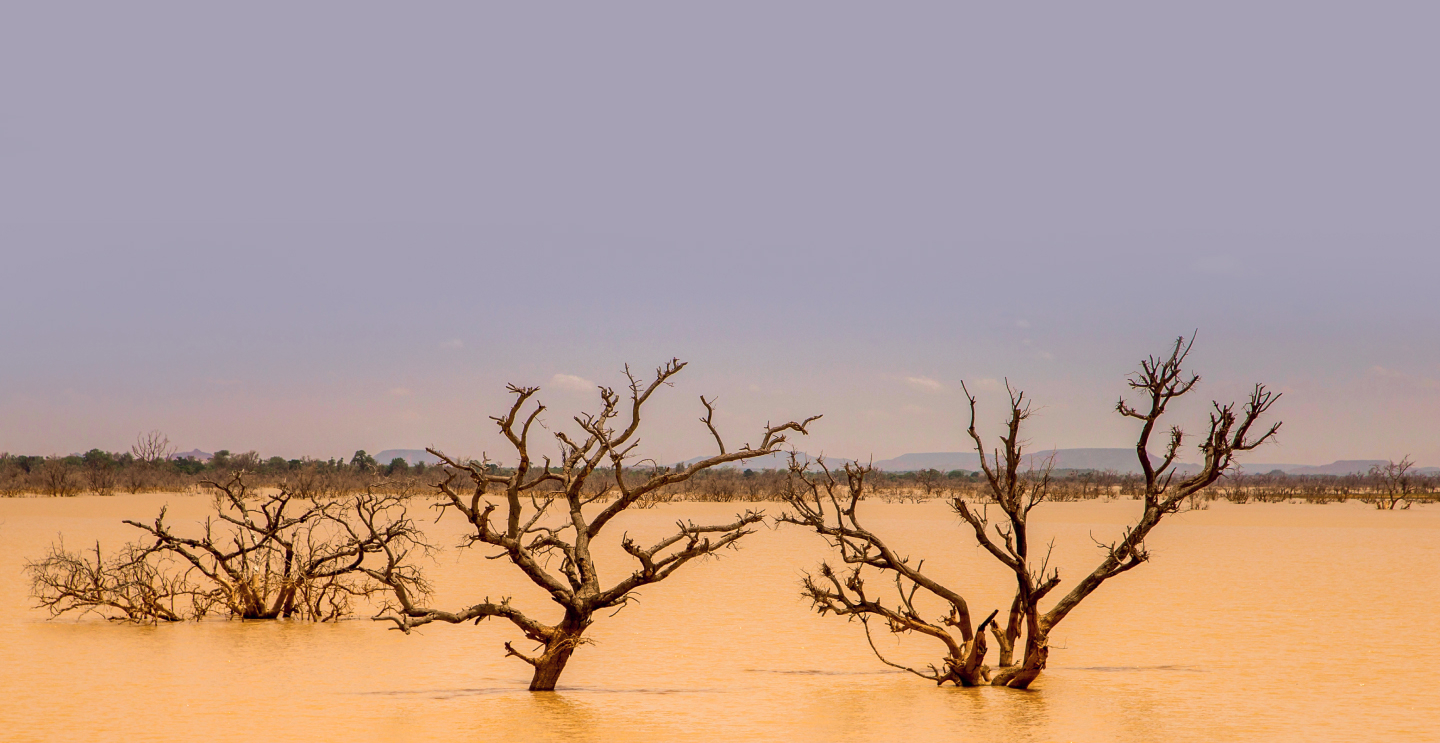

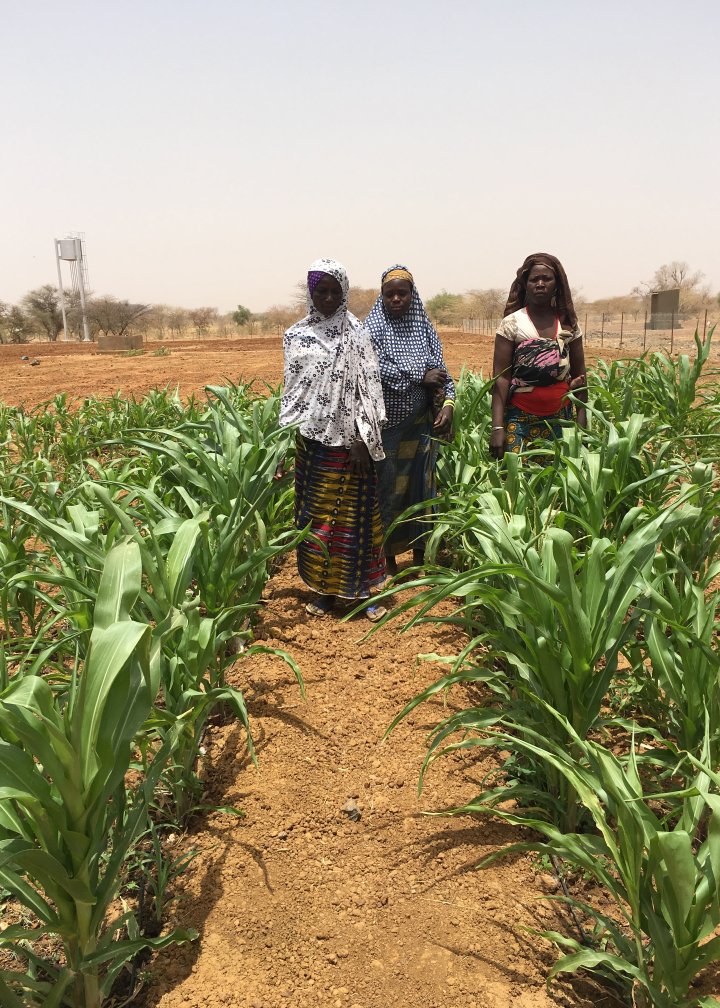
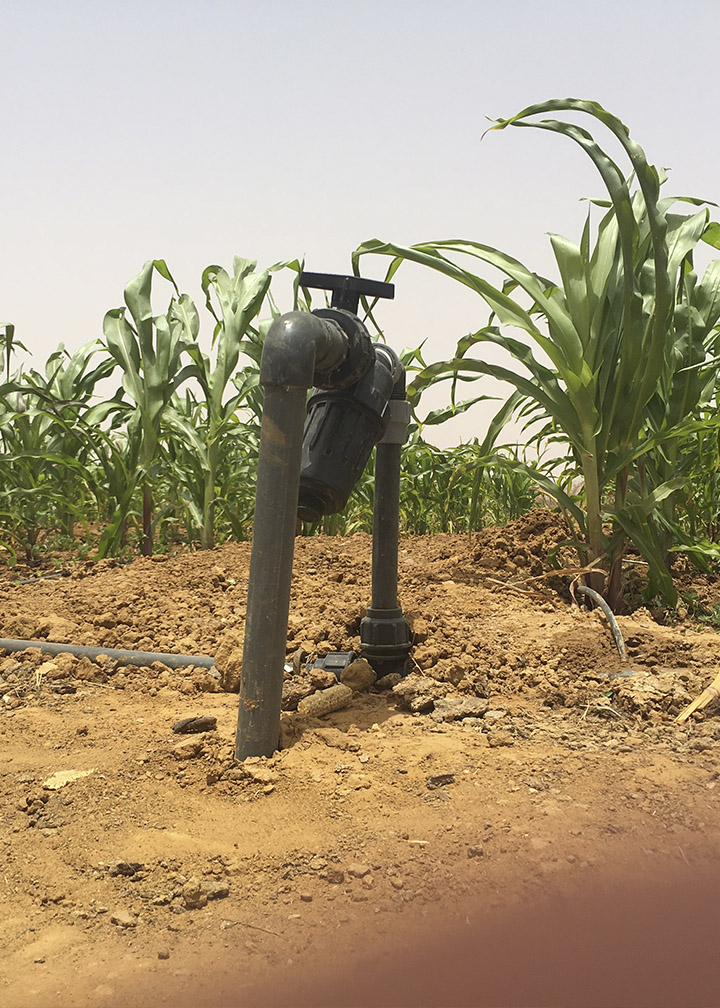
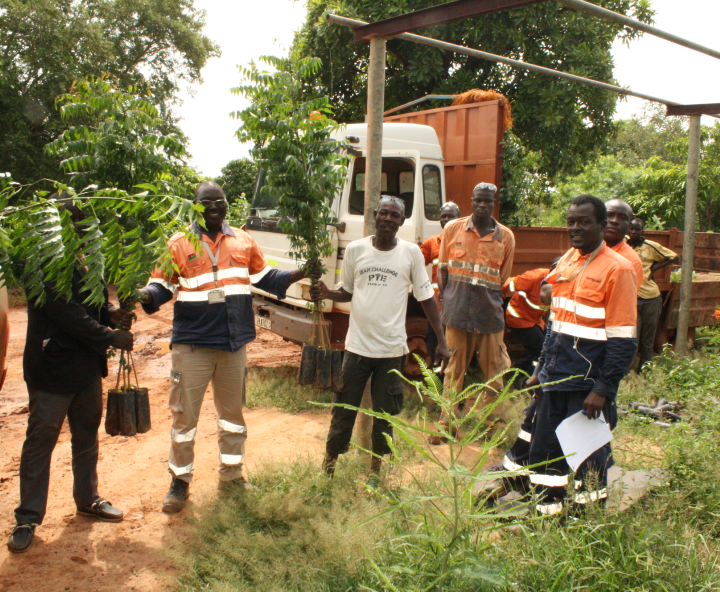



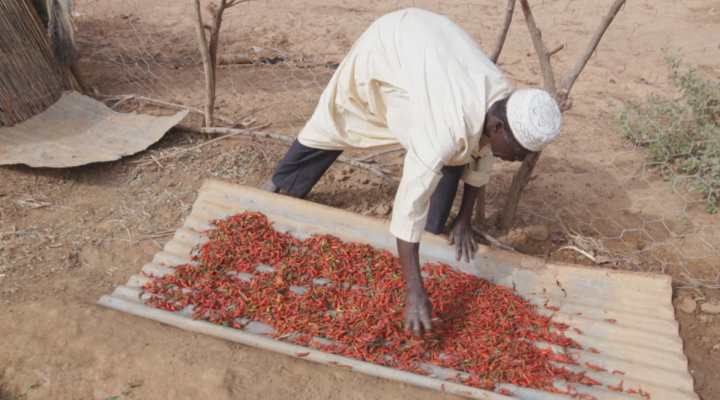
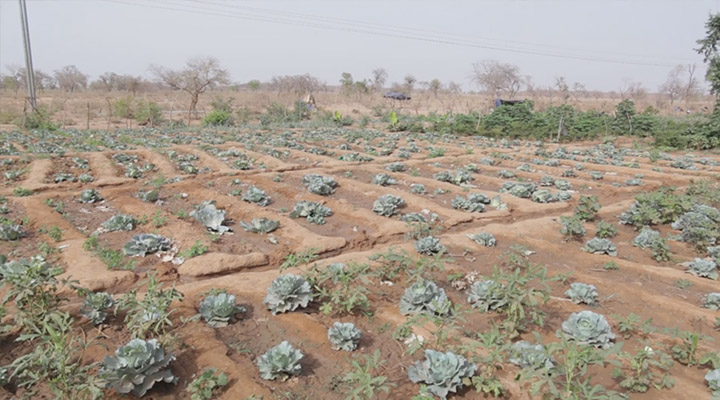
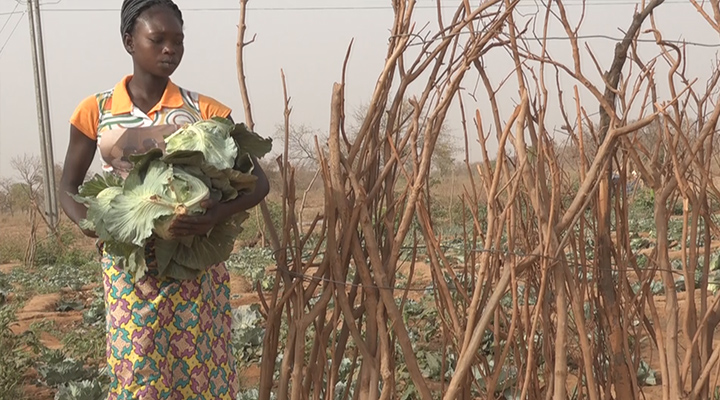
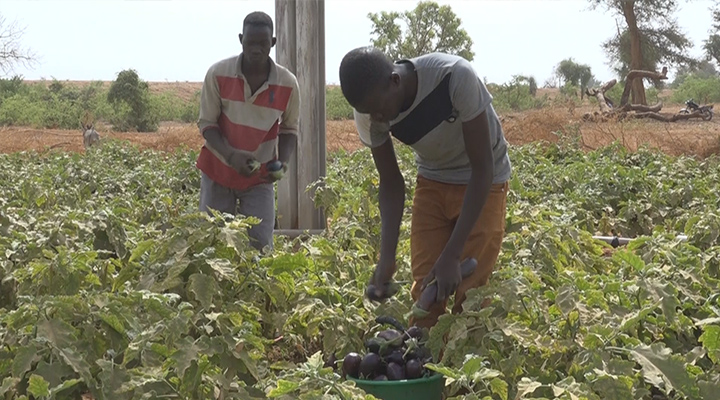
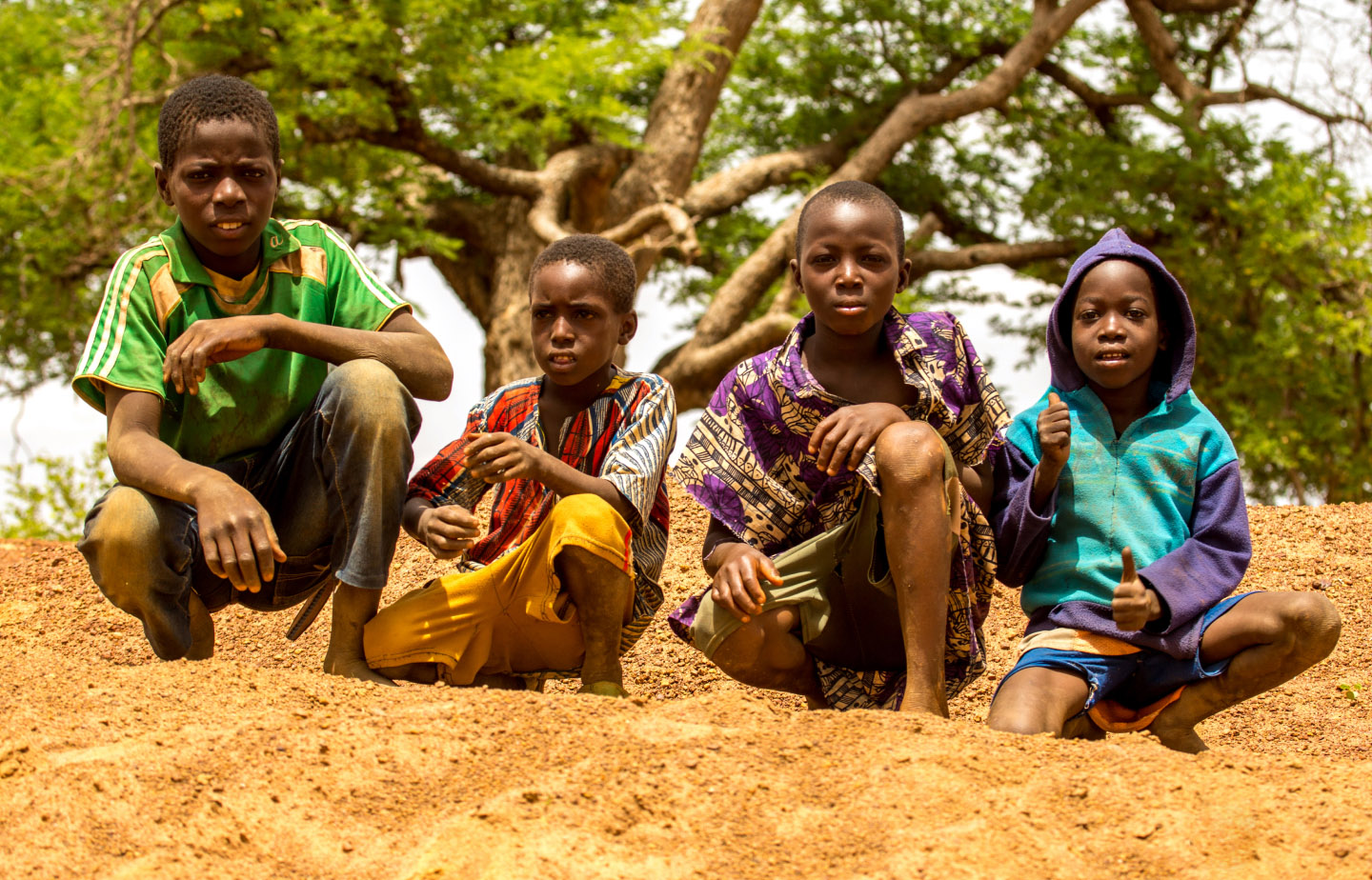 ©Arnand Van Heerden
©Arnand Van Heerden